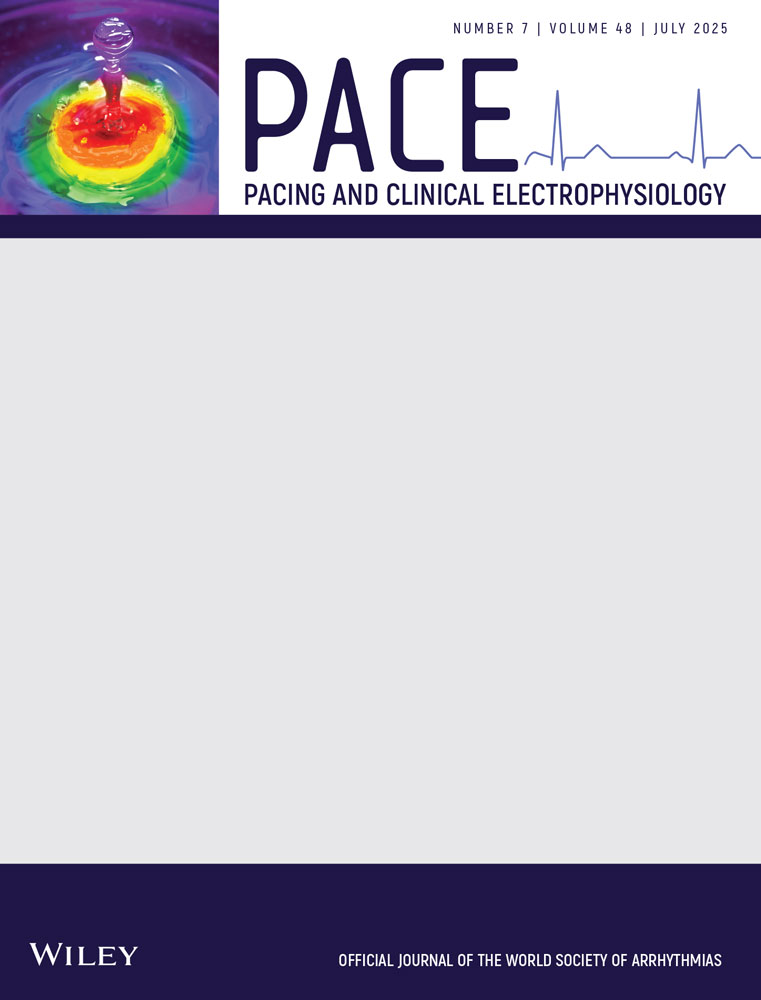Asymptomatic Brugada Syndrome Associated with Postural Orthostatic Tachycardia Syndrome:
Does Autonomic Disorder Increase Propensity for Future Arrhythmic Events?
Abstract
Autonomic imbalance may work as a modifying factor for initiating lethal arrhythmia in patients with Brugada syndrome. A 26-year-old man with episodes of near syncope was given a diagnosis of an autonomic disorder, postural orthostatic tachycardia syndrome (POTS). The patient spontaneously showed typical Brugada-type ECG, and ventricular fibrillation was induced by programmed electrical stimulation, which allowed the further diagnosis of Brugada syndrome. Although it seems that Brugada syndrome is asymptomatic, its uncommon association of POTS may increase the risk for future arrhythmic events in this patient. (PACE 2004; 27:537–540)




